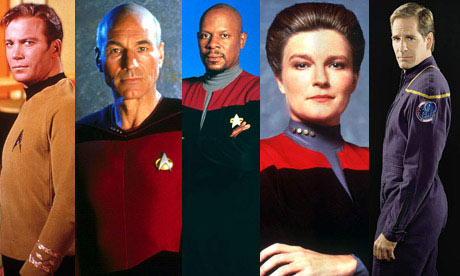Recently I was talking to a friend Az, who is debating whether to ever have kids. He likes the idea of having kids, but doesn't want to give up his freedom for 18 years.
American society places such high pressure on parents to spend face-time and money on their kid! To wit:
- the parent and the child must spend many hours per day together, or else the parent feels guilty
- it is essential to get the child into the most hyped preschool and then private school and prep school
- must buy expensive brain-enhancing toys and games
- must minimize usage of babysitters and nannies
Using these metrics, my parents scored 0 out of 4. They were very busy being immigrants and working multiple jobs simultaneously. My mom had a sandwich-making job by day and janitor job by night. I was a latchkey kid. I went to an average public school in a state ranked #49 out of 50 US states for education. I was often foisted onto cheap babysitters. Yet I turned out fine, by most parental standards. I graduated Caltech at 18 and have led some cool engineering work projects at Minted and Google and am a cheerful person. How'd that happen?

Because... those American expectations are not the most important! My parents did these other things:
- taught my brother and me to read when we turned two
- taught us multiplication and division at age five, algebra at age seven, calculus at age ten
- as a result, we felt competent and enjoyed learning
- we became self-motivated and my parents never had to nag us. We made our own decisions regarding education, which made us self-reliant
Some people hear this and reply, "You can't teach every kid to read at age two!" I disagree. I think people just give up too early. I watched my mom teach my brother. On the first day, she spent two hours teaching him to read two chinese words. She did it patiently, with encouragement and hugs and laughter, so he was having fun. There was zero sign of progress for over an hour. Toward the end, it seemed that he could distinguish between the two words at a slightly-higher-than-random frequency, but he also could've just been guessing.
The next day, he had forgotten everything. My mom started over. After an hour, it seemed like he could say the right word 70% of the time.
The next day, he forgot everything again. It took an hour to get back to the same state.
All of these sessions were loving and joyous, so my brother enjoyed them.
It took about five days of teaching for one to two hours per day before my brother learned to read four words. 90% of parents would have given up. That's why 90% of kids cannot read at age two.
By age four, we read chinese books like "1001 Arabian Nights" and "365 Bedtime Stories to Read to Your Child". We spent many hours per day reading.
The same goes for math. I went to first grade in China. Every single student in my class was required to memorize the multiplication table. So, everyone did it. If you expect it, and you are patient, every kid can do it. In America, there is no expectation that a five-year-old memorize the multiplication table, so very few of them can do it.
My mom likes to say, "If you do the work to teach your kids things when they are young, they learn to love learning and you don't have to do any more work."
As a result, I find it shocking when parents actually have to sit down with their kids in the evening and nag them to do their homework. My parents didn't even know what subjects I was taking in junior high. They'd look at my end-of-semester report card and say, "You took geology? Was that your choice or the school's choice?"
Now I've told you the Wang family secret! Actually, my mom's last name is Su, so it's the Wang and Su family secrets. I fully intend to violate most of the American expectations I listed above. The biggest reason that I've worked and accumulated money is to hire nannies. I'm going to hire as many nannies as possible, with zero guilt. I'm also going to teach my kid to read when they turn two.

My imaginary future-child. Not pictured: three nannies taking turns watching over this kid.
Also, if it turns out to be unworkable, and I never get my kid to read at age two or to love learning, I'm not going to sweat it! Why must the kid be successful? Why not just be content with a happy kid?
I will be bothered if I have an emo kid though, who doesn't like hugging. That is my nightmare as a potential parent.

My fear. Please don't let this happen.



























 Looking at this picture, I just realized the two bald captains were the best ones. I'm sure that advanced the cause of the bald anti-discrimination movement!
Looking at this picture, I just realized the two bald captains were the best ones. I'm sure that advanced the cause of the bald anti-discrimination movement!

 The Kremlin
The Kremlin Hermitage Museum in St Petersburg
Hermitage Museum in St Petersburg Moscow metro stations
Moscow metro stations Church of the Savior
Church of the Savior










.JPG)




